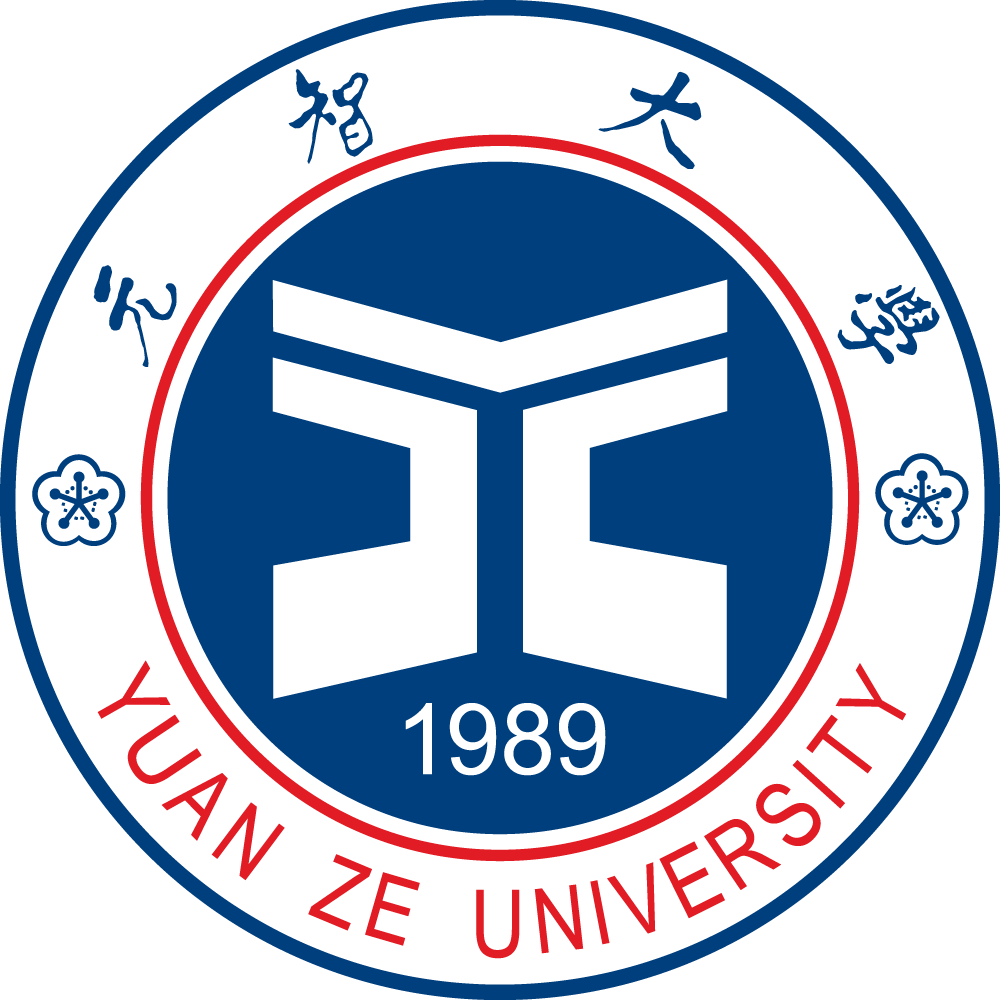Innovative Technology Lab (InnoTechLab)
Research Field
Prof. Po-Chiang Lin received the B.S. degree in communication engineering from National Chiao Tung University, Hsinchu, Taiwan, R.O.C. in 1996, and the M.S. and Ph.D. degrees in communication engineering from National Taiwan University, Taipei, Taiwan, R.O.C. in 2005 and 2010, respectively. From 1998 to 2002, he was a system engineer with KG Telecom and SYSTEX Corporation. He is an assistant professor in the Department of Electrical Engineering, Yuan Ze University, Taoyuan, Taiwan, R.O.C.. His research interests include Artificial Intelligence / Machine Learning / Deep Learning, Robotics, Computer Vision, Wireless and Mobile Communication Networks, and Maker and STEM Education. From 2018 to 2022, he served as the deputy director of the Science Education Research Center of Yuan Ze University. He served as Wireless Communications and Networking (WCN) Technical Committee (TC) Vice-Chair of the Asia-Pacific Signal and Information Processing Association (APSIPA) from December 2019 to December 2021, and served as WCN TC Chair of APSIPA from January 2022 to December 2023.
Contact information of Prof. Po-Chiang Lin:
- Department of Electrical Engineering, Program B, Yuan Ze University
- Rm. 70927, No. 135, Yuandong Rd., Zhongli Dist., Taoyuan City, Taiwan 320315, R.O.C.
- Tel: +886-3-463-8800 Ext. 7333
- Email: pclin@saturn.yzu.edu.tw
The Innovative Technology Lab (InnoTechLab) is with the Department of Electrical Engineering at Yuan Ze University (YZU). In our lab, we investigate challenging problems and innovative technologies about Robotics, Computer Vision, Wireless and Mobile Communication Networks, and Maker and STEM Education. In addition to novel ideas, we also focus on practical solutions and hands-on ability to transform ideas into reality. In recent years, numerous students have been trained to engage in the research and development, and to participate in relevant competitions. There has been a continuous accumulation of research efforts and achievements. Our research and study group are led by Prof. Po-Chiang Lin.
Contact information of InnoTechLab:
- Department of Electrical Engineering, Program B, Yuan Ze University
- Rm. 70829, No. 135, Yuandong Rd., Zhongli Dist., Taoyuan City, Taiwan 320315, R.O.C.
- Tel: +886-3-463-8800 Ext. 7011, 829
- Artificial Intelligence / Machine Learning / Deep Learning
- Robotics
- Computer Vision
- Wireless and Mobile Communication Networks
- Maker and STEM Education
- 2022 YZU Counseling and Services Outstanding Award
- 2021 YZU Innovation in Teaching Excellent Award
- 2021 YZU Teaching Outstanding Award
- Best Conference Paper Award: Po-Chiang Lin, "SANPO Robot: Make Your Own Biped Humanoid Robot with Low Entry Barrier," 5th IEEE Eurasian Conference on Educational Innovation 2022 (IEEE ECEI 2022), Keelung, Taiwan, 10-12 February, 2022.
- 2019 Taoyuan ROS Summer School - Robot Competition: Champion
- 2018 YZU Counseling and Services Outstanding Award
- 2016 YZU Teaching Outstanding Award
- MOE Mobile Broadband Cutting Edge Technology Teaching Alliance: Mobile Broadband Networks and Applications: Best Outcome Video Award of Small Cell Innovative Applications and Services Course Module
- 3rd place in the CIEE Youth Paper Award, 2005
- IICM Master Thesis Award, 2005
Ph.D., Graduate Institute of Communication Engineering, National Taiwan University
